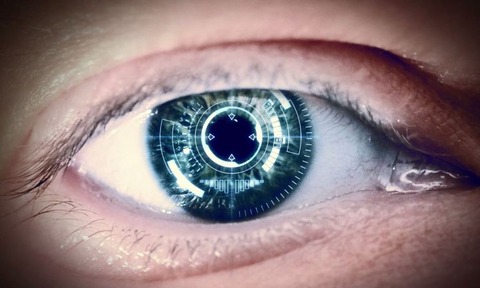Manchester University develops multi-purpose biocompatible 2D inks
30 Jan 2017

A team of researchers at the University of Manchester has developed a low-cost method of producing multi-purpose water-based and inkjet printable 2D inks.
The new product could be used in smart packaging applications and labels, as well as in the development of efficient light detectors and devices that are able to store information encoded in binary form, the researchers said.
The latter has already been demonstrated in the lab, the researchers added.
The inks are also biocompatible, which means they could be used in biomedical applications such as targeted drug delivery and DIY health testing kits.
Daryl McManus, a PhD student working on the inks, said: “These inks provide a perfect platform to fully exploit the range of properties of 2D materials by allowing for the first time a precise and scalable method for fabrication of devices of arbitrary complexity utilising 2D materials.”
According to the researchers, current ink formulations are far from ideal, and either contain toxic solvents or require time-consuming and expensive processes.
Cinzia Casiraghi, who led the research, said: “Due to the simplicity, flexibility and low cost of device fabrication and integration, we envisage this technology to find potential in smart packaging applications and labels, for example for food, pharmaceuticals and consumer goods, where thinner, lighter and cheaper and easy to integrate components are needed.”
A full account of the research has been published in the journal Nature Nanotechnology.

